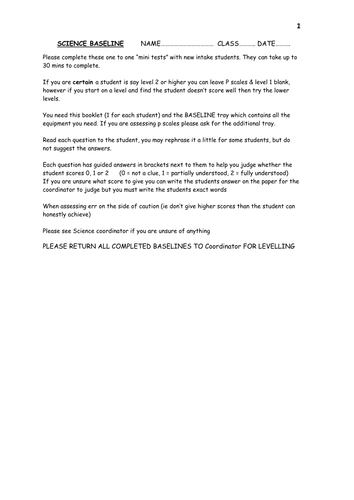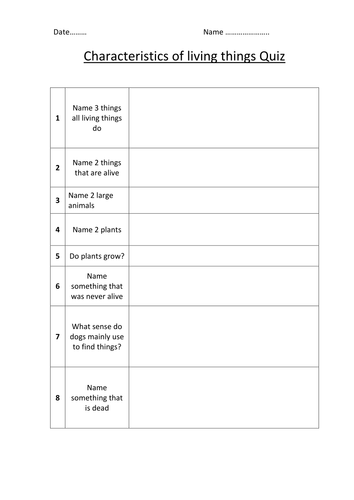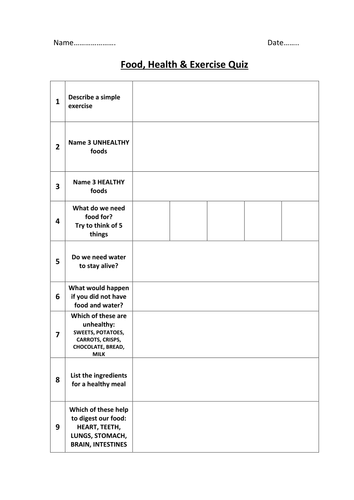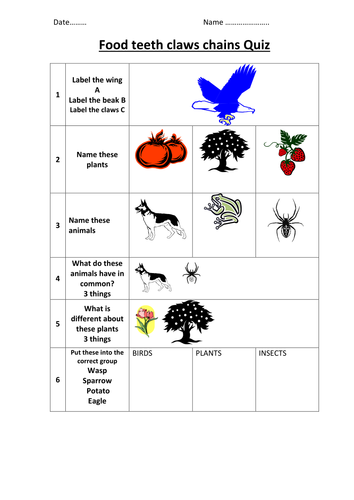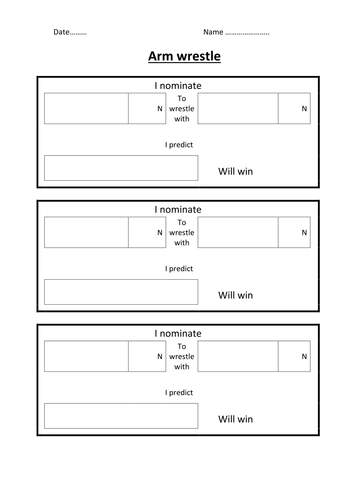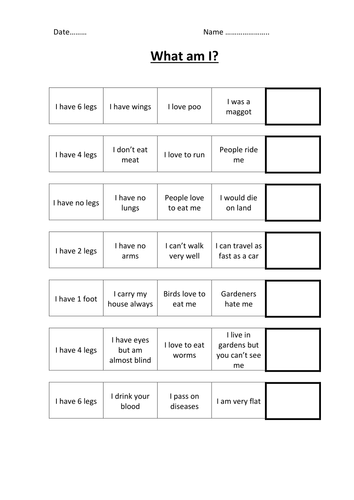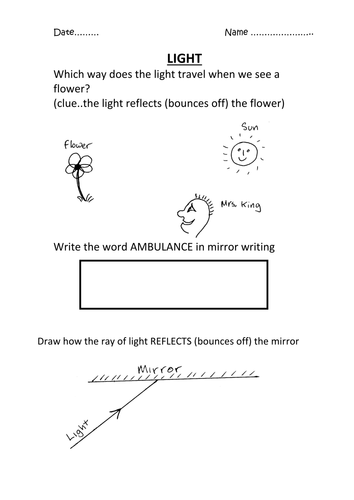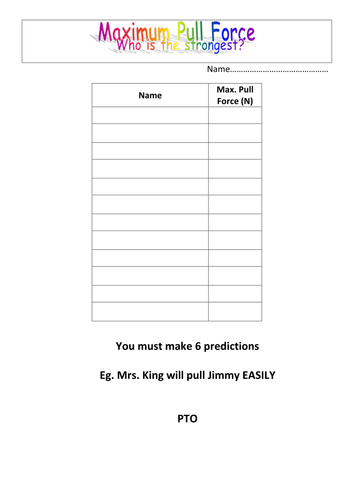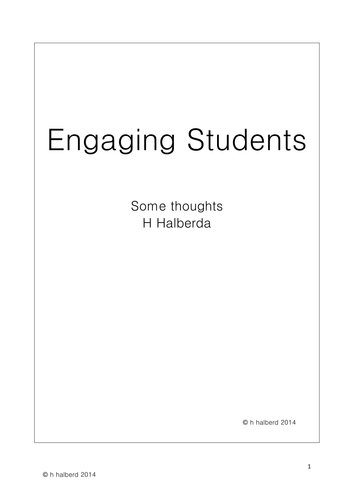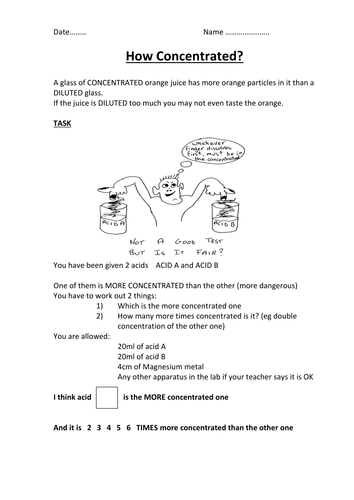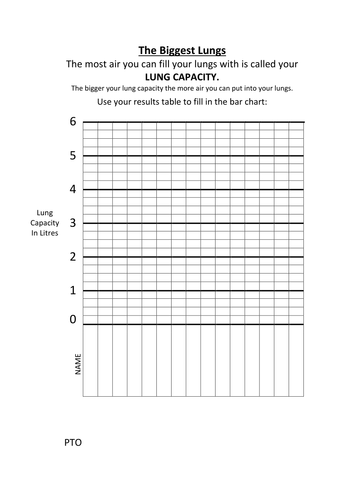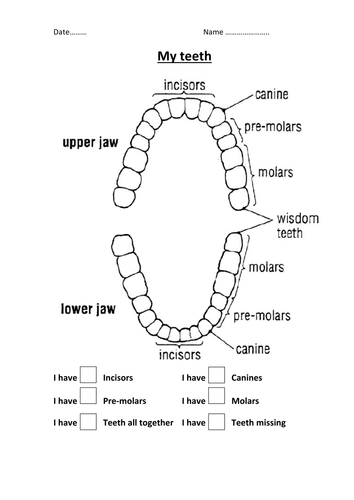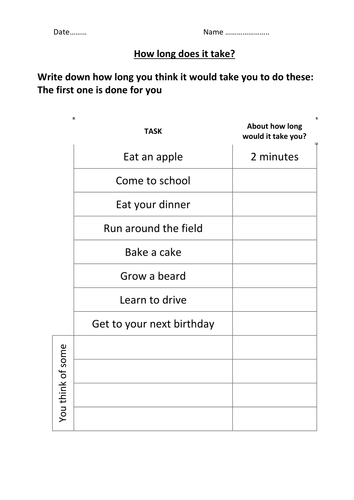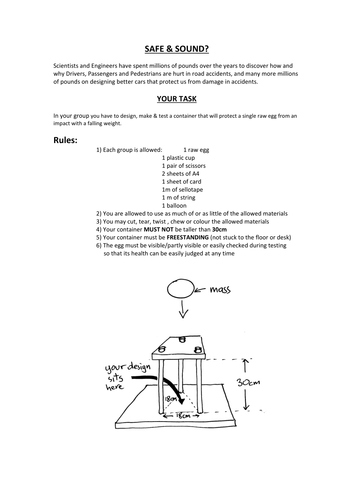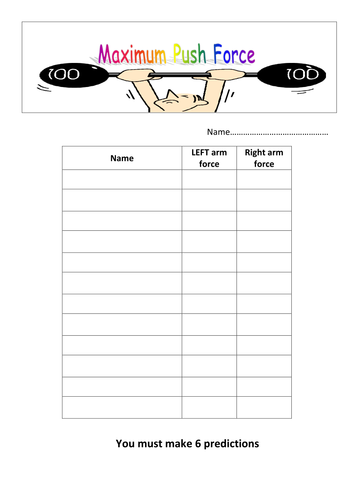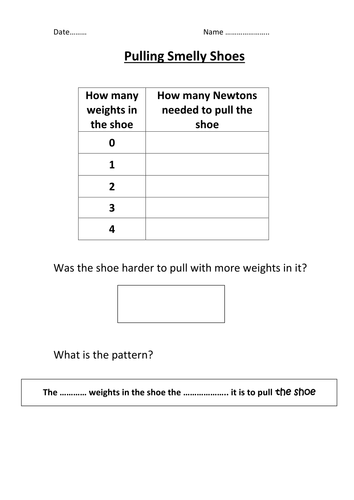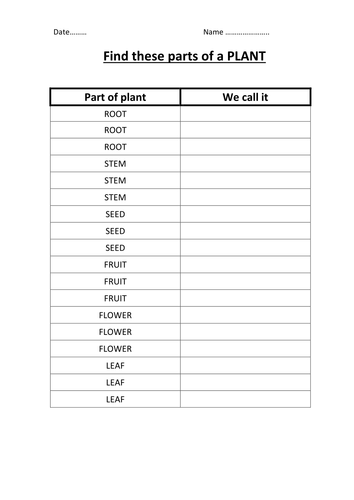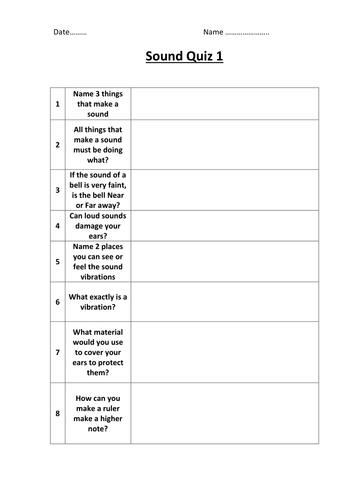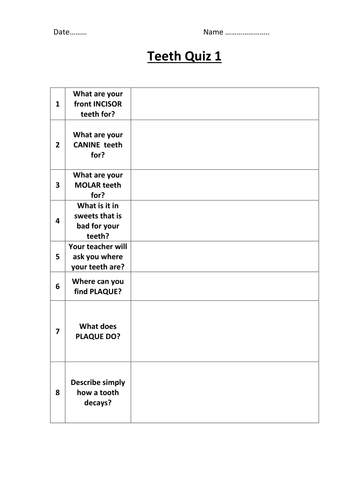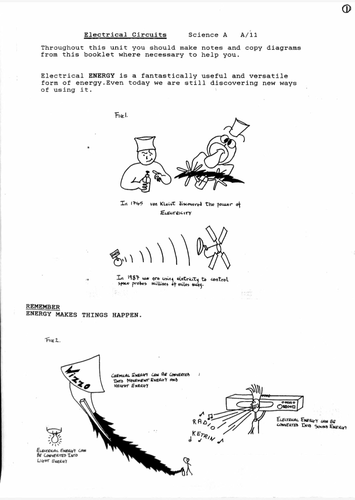
69Uploads
16k+Views
514Downloads
All resources

SCIENCE BASELINE assessment from level P4 to 4a (old NC levels)
I have used this assessment with students over the years and modified/improved as time went on.
I believe it to be a good way of assessing students when they are new to the school or even at the end of each year or indeed at any time you wish.
It is based around 4 small assessments for Biology, Chemistry & Physics, so a total of 12 mini-assessments.
Ideally the teacher or assistant spends up to 30 mins (can split the assessment over a few days if you wish but best results have been when the entire assessment is completed at one time) in a ONE TO ONE session.
The teacher/assistant reads the script (this is important as it reduces leading questions and clues to answers), the responses are noted down but in most cases a tick will indicate if the student has understood fully, partially understood or not understood at all.
Minimal resources are needed and are kept in a tray for use at any time. I believe doing or demonstrating science is a beautiful way to engage students, so the assesment uses this.
You will need to source basics like balloons, toy car, rocks etc.
I chose to set up 4 trays so 4 assessments could be completed at the same time (perhaps different classes)
The levels assessed are from P4 up to 4a old levels (which I believe are still useful) you may wish to change the names of the levels to suit your own school.
The script states which resources to use in each question as well as appropriate answers that should be expected for fully, partially and not at all levels of understanding. This allows staff that are not science trained to be able to complete these assessments with the students with relative ease.
Good luck

Characteristics of living things
Short simple quiz that allows you to judge the understanding and level of your students

Food, Health and Excercise quiz
Short simple quiz that allows you to judge the understanding and level of your students

Food chains, teeth and claws
Short simple quiz that allows you to judge the understanding and level of your students

Arm wrestle predictions
By simply looking at each other the students can "guess" who would win an arm wrestle.
Simply looking gives them a little EVIDENCE so they are actually predicting NOT just guessing.
BUT just looking is not good enough for dependable predictions so this worksheet is used again but after the PUSH force of every student is measured first using an ERGOMETER (very large newtonmeter)
students can then match a small force against a very large one , can be fun, even more fun is when closely balanced forces DO generally take ages and it is the cheering of the rest that decides the winner
This sheet allows for some surprises as you will discover the small, weaker students actually beat some bigger students because of training, clubs, etc

What am I quiz sheet
Very simple worksheet to get students thinking and visualising living things
With blank table on the back for students to make up there own

What do you know about light?
Thought provoking worksheet on light and what you thought about it.
Pictures are a great way to overcome conceptual difficulties, very friendly

TUG of war
Moving on from arm wrestling the students measure their max pulling force.
I usually hold one end of the ergometer and the students pull (steadily) the other, the whole class is done...you can have great fun here.
(no snatching as it is not fair)
2 goes each and the best force is recorded.
You do need a tug of war rope, but it is worth it's weight in gold.
Students predict who will win and hopefully see it is not the number of people that counts but the total force
1 vs 1, 2 vs 1, in some cases if the totals are closely balanced 3 vs 1 and it WORKS
ultimately the students predict a well balanced war using the whole class (FORCES not number of people is key)
students can draw and cut out people write names and forces on them and a poster (with a long piece of string) can be produced to show the 2 teams

20 tips to engage students
Having taught in mainstream primary and secondary schools for 25 years and in special education for 14 years I have realized that there is no "fairy dust" that solves the many problems & challenges of everyday teaching.
As Basil Fawlty would say most of this originates from "the bleeding obvious", but it does not harm any of us to be reminded of what is often overlooked, ignored and even considered unimportant as it is difficult to "evidence".
These are my 20 most important “tips”, not “tricks” to help you engage students, although you may well think it is magic when one of these “wins over” a student you thought lost forever to “the dark side”.

How Concentrated?
A lovely challenge to get students thinking about what concentration means.
At basic levels the expt can be used to determine which acid is the more concentrated (Mg reacts more quickly)
On the higher level you can use the apparatus suggested to calculate pretty much how much more concentrated one is than the other (determined by you) but calculated by the ratio of the times taken to react equal amounts of Mg

The biggest lungs
This is the bar chart that students end up with after having completed the excercise and lung capacity activity.
It can lead nicely on from the "balloon" bar chart (if you chose to use it) for younger/less able students...or even more able but a "twist" on bar charts (see how big are your lungs)

My Teeth
A nice graphic worksheet which allows students to use a mirror next to the worksheet and "tick off" colour in or even mark in missing teeth or fillings.
At the same time finding out what they should have and practice the terminology.
Has been used as a before the dentist and after the dentist visit....if the students are up for it

How long does it take?
Simple activities to get students thinking abot time intervals and what they mean.
Everyday activities are thought about and estimates of time recorded on the worksheet

EGG SQUASH challenge
I use this often with many groups.
The challenge is to protect their raw egg by only using specific materials and amounts (FAIRLY all groups are given exactly the same materials) how much they use is up to them, they can cut, bend etc what they want
You must make a wooden jig, simple 2 bits of wood and 3 lengths of dowling, mine has lasted me 20 years so far and does not smell of eggs at all as it is washed everytime
The best result I have ever had was a tube(crum,ple zone and balloon (airbag) affair which protected the egg from a 2kg mass dropped on it from over 2m height

Arm wrestle better predictions
This sheet allows for the whole group to be measured one by one with an ergometer, have fun measuring each student's push force(much like a bullworker) for both arms. ie student holds one end of ergometer(large newton meter)in one hand close to waist while the other arm pushes the other end down from above. You can give the class 2 attempts as they watch their peers with better techniques get bigger FORCES and record the higher one
Then the fun starts picking arm wrestle competitions, some silly and easily predicted others beautifully balanced

Shoes weight and friction
Students use there own shoe, yes can get smelly, and use a newtonmeter to pull along a table, as the shoe is steadily moving the force being used is recorded. The experiment is repeated but with 100g mass (1N weight) is put into the shoe and so on with more weights
Studnts should spot the pattern of larger forces needed with heavier weights. This goes some way in explaining why big kids seem to have more grip

Familiar plants
Very simple worksheet designed to make students realize that scientific names of parts of plants...roots, stem, flower, fruit have common names that they already know...carrot, leek, fruit
I have provided a shopping bag of fruit & veg to display and just let the students explore and realize, of course a set of photos works just as well but you can't eat them afterwards

Sound quiz
A nice sound quiz which gets more difficult as you go along.
A good way to introduce a sound topic, generate discussion and assess how much the students know

A Basic course in Electricity
Suitable for students and non "physics specialist staff"
Plenty of anecdotal info, historical info but particularly the basics of what electricity is, current, voltage, series, parallell circuits.
plenty of activities and worksheets as well as calculations to do and done for you.
Some of the info is dated as I wrote it in the late 80s but still applicable.
basic stuff can be used with primary but higher level work is appropriate for KS4 and can reinforce work in KS5 especially clearing up some misconceptions I have met in students over the years.

